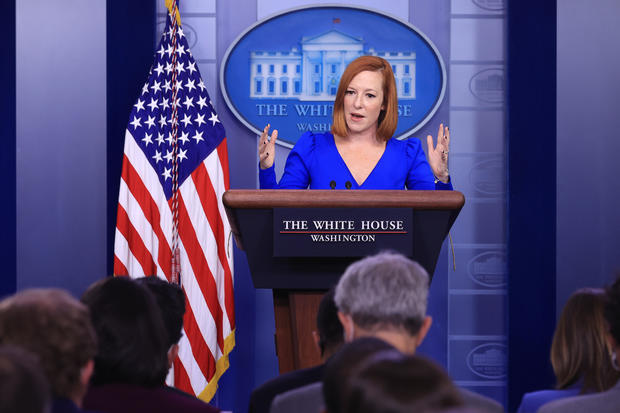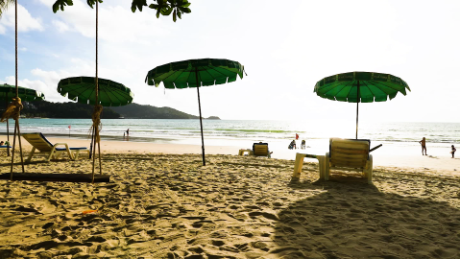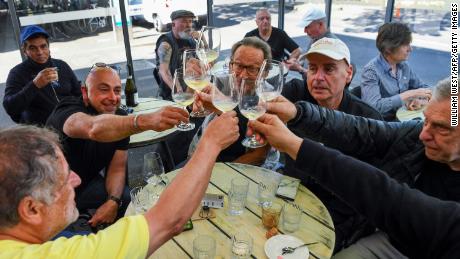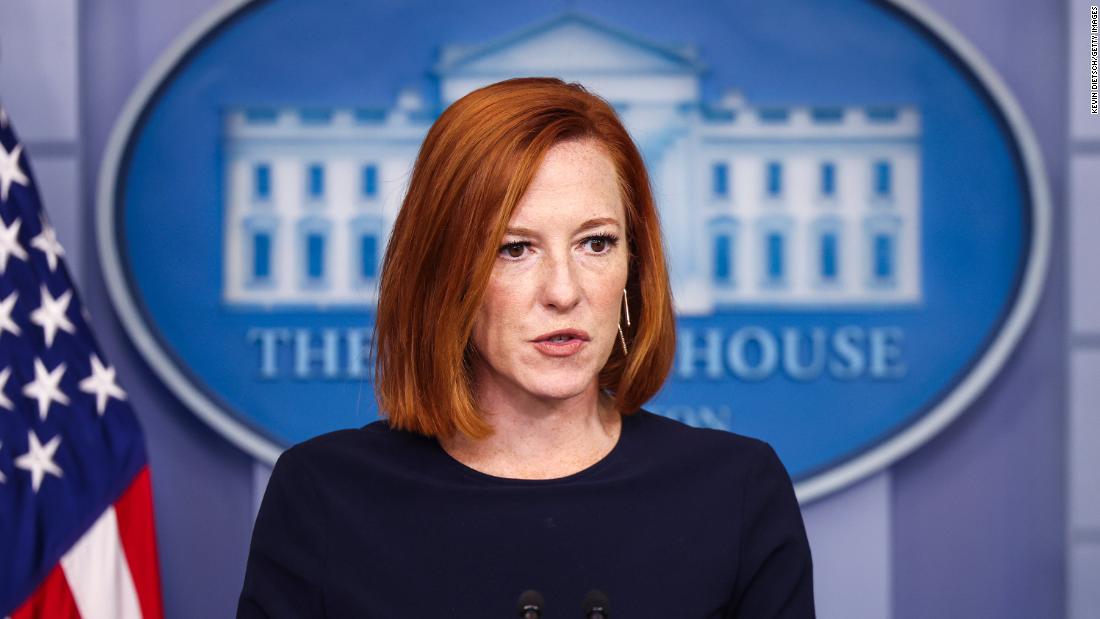On Tuesday, the northwestern city of Lanzhou, with a population of more than 4 million people, went into lockdown after just six Covid-19 cases were reported there.
And this approach seems set to stay, at least for now. Even though some Chinese health officials have suggested a tentative or partial relaxation once vaccination rates hit 85%, analysts say most restrictions are unlikely to ease within the next 12-months.
In China's Asia Pacific neighbors, however, things couldn't be more different.
From Monday, South Korea will begin to live with the virus despite thousands of new confirmed cases every week. New measures will allow up to 10 people to meet in private gatherings across the country, while most businesses will be permitted to fully reopen as curfews end.
And in
Japan's capital Tokyo, curfews were lifted for bars and restaurants at the end of last month, despite hundreds of new cases across the country every day.
And it's not just domestic restrictions that are lifting around the region.
While both Japan and South Korea continue to maintain strict border controls, including quarantines for most international arrivals, from Monday Thailand will
welcome visitors from 63 countries, as long as they can prove they are fully vaccinated and have tested negative for Covid-19.
And on Monday, Australia also begins to partially reopen its borders to citizens who are fully vaccinated, ending a strict border regime that has separated families for almost two years.
Much of this is thanks to generally high vaccination rates across Asia Pacific. Despite a slow start to their rollouts, countries including Australia, Japan, South Korea and
Singapore are now among the most vaccinated in the world per capita.
South Korea's return to 'normal life'
South Korea was one of the first countries to suffer a major outbreak of Covid-19, seeing hundreds of cases a day as early as March 2020.
It had early success bringing infections under control, as did many other Asia Pacific countries. While Europe and North America suffered major outbreaks in 2020, nations including South Korea, China, Thailand and Australia managed to keep the virus at manageable levels -- or kept it out for long periods of time.
But outbreaks of the highly infectious Delta variant in mid-2021 have
sent cases soaring across the region and led almost all countries to focus on a move to vaccinations and living with the virus, rather than elimination.
"With the Delta variant, its almost impossible to eradicate," Zhengming Chen, a professor of epidemiology at the University of Oxford, said. "The experience in Australia and New Zealand, they tried very hard, but you reach a point where you just can't carry on in the lockdown. It's going to come up again and again."
On Friday, with at least 73% of South Korea's population now fully vaccinated, Prime Minister Kim Boo-kyum said it was time for the country to "take the first step resuming our normal life."
A 10 p.m. curfew on businesses, including restaurants and bars, has been lifted, while mass gatherings of up to 499 people can take place if everyone is vaccinated. All students will head back to school from November 22, according to the Education Ministry.
The removal of restrictions comes despite rising Covid-19 cases over the past week. On Sunday, South Korea reported 1,686 new infections, bringing its total to 366,386 since the pandemic began. To date, 2,858 have died in South Korea from the disease.
Prime Minister Kim said it wasn't the end of the fight against Covid-19, "but a new beginning." The country's health minister also warned there would likely be a rise in infections as a result of reopening.
Other countries in the region are following suit, despite local outbreaks of the virus.
Over the past week Thailand reported an average of nearly 9,000 new Covid-19 infections per day, far higher than the months of single-digit cases during much of 2020. Despite the high infection rates, the country is moving to reopen to international travelers in a bid to save its tourism industry, which accounted for more than 11% of its GDP in 2019, according to Reuters.
From Monday, citizens from dozens of "low-risk" countries, including Australia, Germany, the United Kingdom and the United States, can travel to Thailand without needing to quarantine. In a statement on October 12, Thai Prime Minister Prayut Chan-o-cha said the country couldn't afford to miss the December holiday period. "We must act quickly, but still cautiously, and not miss the opportunity to entice some of the year-end and new year holiday season travelers," he said.
Thailand's decision is at least partially reliant on high vaccination rates among inbound tourists. Within Thailand, less than half, or around
42% of the population has received both vaccination doses as of October 28.
For the Asia Pacific region, the emergence from zero-Covid is an experiment to see if populations that previously cherished low infection rates and an elimination strategy can move safely to living with the virus.
Australia's two biggest states, New South Wales and Victoria, have already abandoned the elimination strategy, starting to live with the virus once more than 70% of the adult population was fully vaccinated.
So far, infection rates haven't risen, and on Monday, Australia's borders in selected states will reopen to citizens for the first time.
Chen said while cases were certain to rise, vaccination had substantially reduced the severity of Covid-19 for many patients and given countries the window to reopen.
"At some stage you have to open, you have to actually allow the cases to go up but in a manageable way," he said. "You can't just permanent lockdown because the virus is there circulating."
China doubles down on zero-Covid
But China is showing no sign of relaxing its hardline approach to Covid-19.
At present, China's borders are mostly closed, with airline travel severely reduced and foreign students and tourists banned from entry. Chinese citizens and certain other international visitors can enter, but they must quarantine for at least two weeks.
Inside the country, even a small number of cases in a city leads to quick, sweeping lockdowns.
Part of the reason behind China's reluctance to reopen its borders is the upcoming 2022 Beijing Winter Olympics, which are due to begin in February. After seeing the chaos and postponements that marked the leadup to the Tokyo 2020 Summer Olympics, the Chinese government is unlikely to want a repeat.
But the 2022 Winter Olympics isn't the only major event next year that is playing into Beijing's strategy, according to Steven Tsang, director of the SOAS China Institute. In November, the Chinese Communist Party will hold its 20th Congress, a twice a decade mass meeting of the country's leadership where President Xi Jinping is expected to cement a third term in office.
Tsang said Xi didn't want any sign the virus was out of control inside the country before he went to the Congress in November. "How can Xi Jinping appear to have not beaten the virus?" he said. "Xi has been saying the Chinese system is superior."
Xi's political ambitions are one of the reasons the country's strict measures are being drawn out, Tsang said, no matter how much damage they might be doing to places such as
Hong Kong, the global financial hub where strict travel rules are proving extremely unpopular, especially among the city's expatriate workforce."As a global finance center it needs to have a much more user-friendly entrance system, but the Chinese view, Xi's view, of Hong Kong is that it is a global financial center for China," he said.
Chen, from the University of Oxford, said it was also possible there was uncertainty about the effectiveness of Chinese-developed vaccines among the country's leadership. One of the most commonly used shots, Sinovac, has been shown to have much lower levels of efficacy in international trials than mRNA vaccines, including Pfizer and Moderna.
In addition, he said not a great number of trials were done on senior citizens, potentially leaving them vulnerable in the event of an outbreak.
There have been some minor cracks in the uniform support for China's elimination strategy. Gao Fu, head of the Chinese Center for Disease Control and Prevention, said in October that once the country had fully vaccinated 85% of its population, perhaps in early 2022, it would be
safe to relax restrictions."Why shouldn't we open up?" he said, according to state-run China Daily.
Chen said it was likely China is watching to see what happens in the rest of the region before deciding what to do about its own borders. If there are few major outbreaks in Asia Pacific nations living with Covid, then maybe Beijing will consider an earlier opening, he said.
"That gives China some confidence to relax," he said.
China grows more isolated as Asia Pacific neighbors start living with Covid-19 - CNN









/cloudfront-us-east-2.images.arcpublishing.com/reuters/5ADDZMIUQRPC5NPATHUHWYZN6M.jpg)


